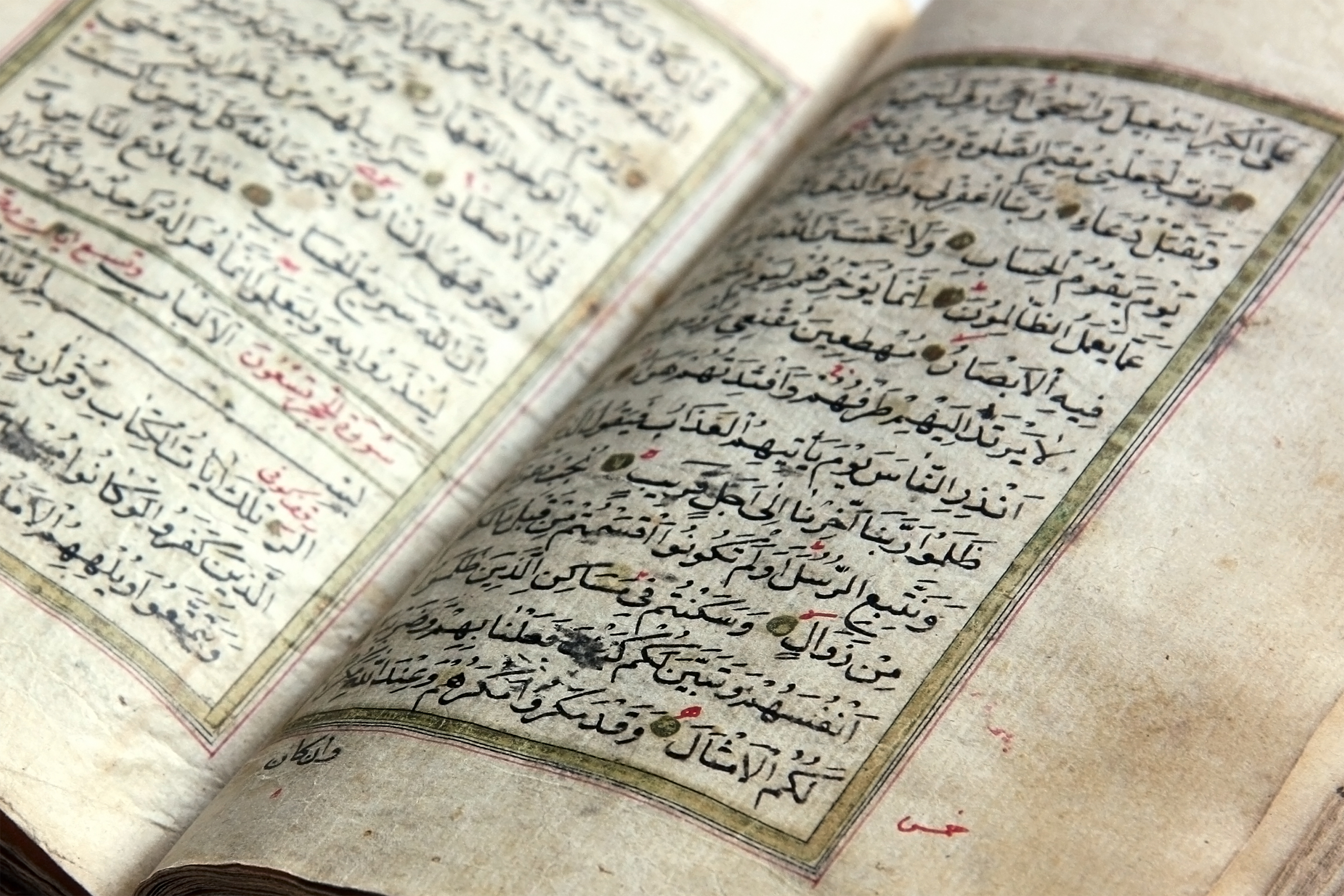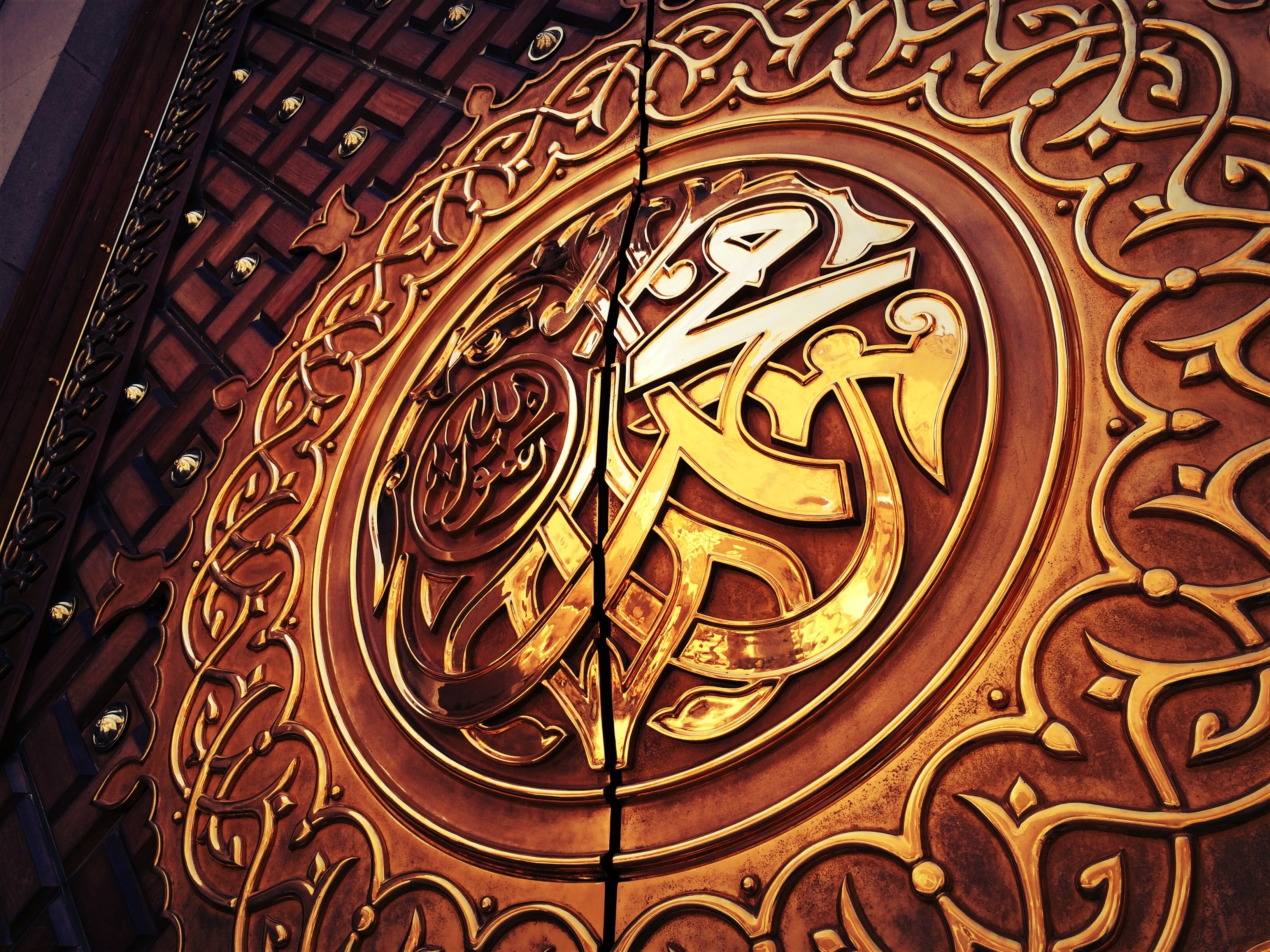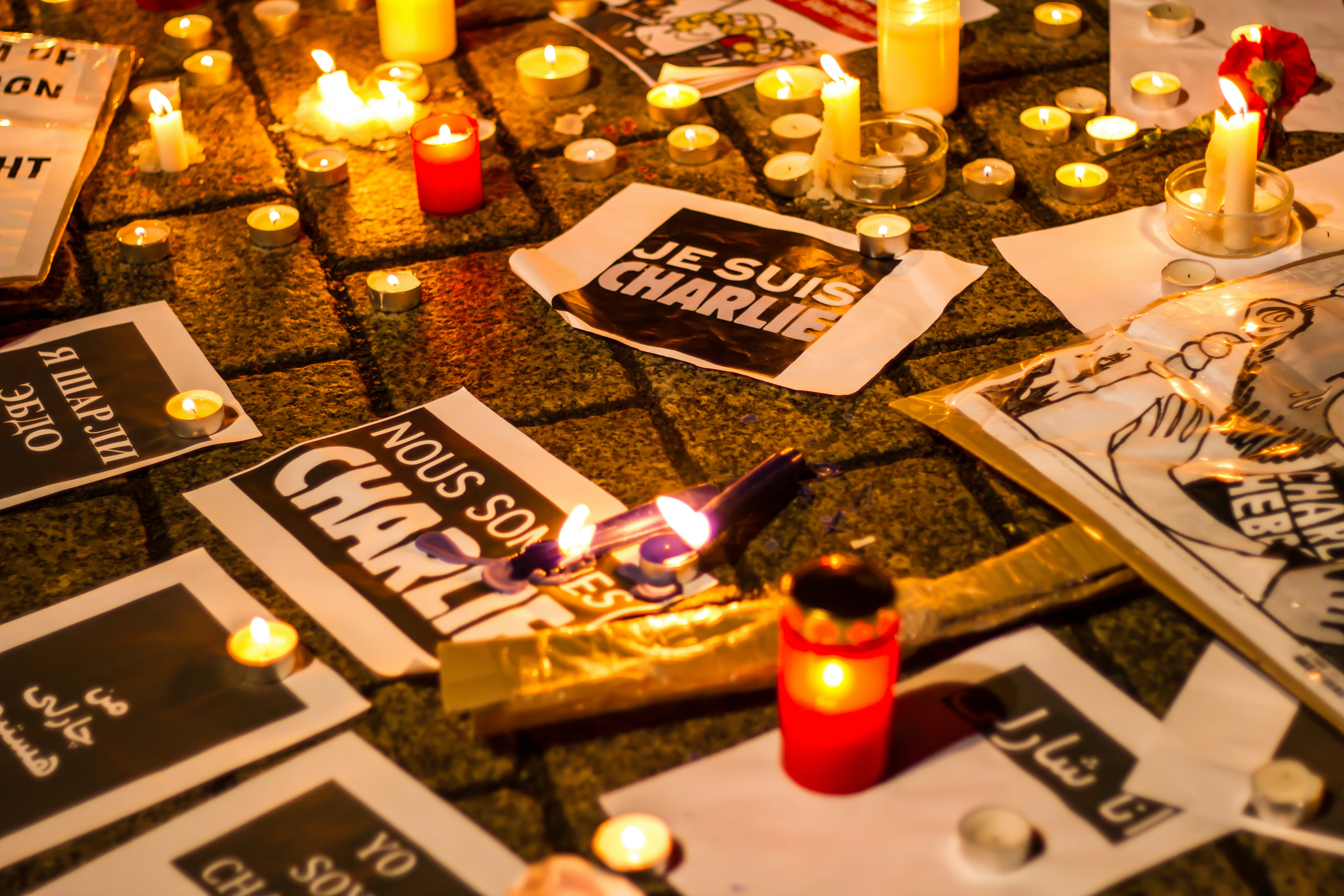Islam seems to be an old name and word because you find it in the Koran, although it’s mentioned only a few times. However, I argue that it was created in the 19th century because this term, Islam, only came to be deployed frequently as a proper name from the second half of the 19th century. Before, Islam referred to a set of actions or attitudes. The term Islam is not a noun, but a kind of adjectival, semi-verbal construction. It's an adjectival verb. Therefore, it has to do with practice, doing something, and was rarely used as a name. It was used alongside other terms like Iman or Faith, and Deen, which is normally translated as religion. Often, that was the word used for the true religion instead of Islam.
The moment Islam becomes a proper name, interestingly, it becomes particular. It is no longer the true religion. It is simply a religion among other religions. Islam as a proper name is the product of a 19th century project to create what scholars have called world religions. There is Islam, Christianity, Hinduism, Buddhism, Judaism, Zoroastrianism, and so on. The thing about Islam as a proper name, is what does it name? It names a whole set of beliefs and practices organised systematically. It is no longer possible for these beliefs and practices to be tied to specific forms of authority, as they once were.
The role of violence
Violence plays a specific role in modern Muslim militancy; it’s not something to take for granted. If you are intent on conquest or on setting up a new kind of order, you will necessarily be violent because violence as a category has to become part of ideology and ways of thinking. It's not just ‘there’.
When you think about violence in modern Muslim thought, I notice something rather distinctive. It tends to name, not the theological element in these thoughts and practices, but rather what lacks theological character. For example, the forms of violence that have become very commonplace since 1989, when Salman Rushdie's novel The Satanic Verses was criticised for insulting the Muslim prophet Muhammad, giving rise to demonstrations that arose first in Great Britain and then spread to other Western countries and finally to India and Pakistan, followed by the rest of the Muslim world. Since 1989, we have seen many acts of protest and violence over insults alleged to be delivered to the person of Muhammad. Interestingly, this violence cannot justify itself theologically. The same language is being used from 1989 today, from Rushdie to the recent murder of Samuel Paty in France.
Muhammad has been increasingly humanised
Language like, ‘Muhammed is like my father or my uncle or my relative. I feel humiliated when he's insulted. There should be a law that protects Muhammed in the same way as there are laws against libel and defamation’, is entirely secular in content. There's no theological claim, nor can a theological claim be made because Muhammad has been increasingly humanised in modern Muslim thought. He's been humanised in the same way that Jesus was increasingly humanised for European Christianity in the early 17th and 18th centuries, and from the 19th century onwards. He's humanised in order to protect or preserve the theological privilege that belongs only to God; only God can be divine. Muhammad is not meant to be divine. Therefore, the traditional views and visions of Muhammad as someone who could somehow enter your dream and bring you comfort or perform miracles from his grave have steadily been winnowed away. What you have is an increasingly human figure who can therefore be insulted. He has suddenly become vulnerable to insult.
Although he's humanised, he cannot become merely human. He occupies an interesting in-between space; you can’t describe him theologically in the same manner as you might have before, but nor can you treat him like any other human being. I think this insupportable character of Muhammad gives rise to violence as a form of a word-lessness. There is no longer any language to describe Muhammad because he has been stripped of his old theological character. He must only be understood in these all too familiar ways: as a relative, as someone who has been insulted. The only theological term used for Muhammad as a figure who needs to be protected from insult is the European and Christian word ‘blasphemy’. The term was explicitly and deliberately taken from Christianity. In the days of the Rushdie affair, Muslims claimed that Muhammad needed to be protected by blasphemy laws that were still in place in England, although they have since been removed. Consequently, you have to go through the West and Christianity in order to protect Muhammad because even though Islam had a theological language in the past, that language can no longer be mobilised for the prophet. Therefore, violence serves as a displacement or replacement for the theological language that no longer applies or exists.
Islam as a global phenomenon
Looking at militant outfits, it appears that something else is going on and that has to do with the making of Islam not only as a proper name but as a global phenomenon. How does this happen? It happens when the Muslim community itself has been de-theologised. It’s no longer seen simply as a theological or a legal term in sacred law. It used to be the case that the idea of the Muslim community, the Muslim ummah, was a theological category because it was not premised upon modern practices of cartography and demography; you weren't mapping them around the world, nor were you counting them up. The Muslim ummah existed in a trans-historical way. These narratives speak of how at the end of time Muhammad will stand before God's throne with all the Muslims standing behind him, and they will constitute a larger number than the Christians who stand behind Jesus or the Jews who stand behind Moses. There is a kind of demographic component to this, but it's not modern demography, and it's set at the very end of time. What has happened today is the idea that the Muslim community has lost theological character. It has become a subject of demography and cartography. It's become a secular form. Moreover, this Islam and the power of Islam is now seen as residing in its numbers. For militants, Islam and the Muslim community don’t only serve as entities in their own right, spread across the surface of the earth in a billion and a half (in terms of their population), instead, they serve as a model of the human race itself.
When a militant group like al-Qaida comes to idealise Islam as a global entity because of its dispersal and its demography, it approaches the globe through the figure of the human symbolised or represented by the Muslim community itself, in its character as a global victim. The task of al-Qaida is to turn this victim into an agent, and in doing so, to turn the human race itself, conceived of as a victim of climate change and nuclear catastrophe and all these things, into an agent because the globe and humanity are intertwined. This might all seem very abstract and it is. Still, it suggests that the violence that characterises al-Qaida and that characterises alleged insults made against Muhammad is that in both cases, in the singular case of Muhammad and the collective human, al-Qaida and global Islam, there is a process of de-theologisation. Violence emerges as a way of compensating for this loss of the theological. It's almost as if the violence is in search of a theological justification, which it finds very difficult, nevertheless, to achieve.


